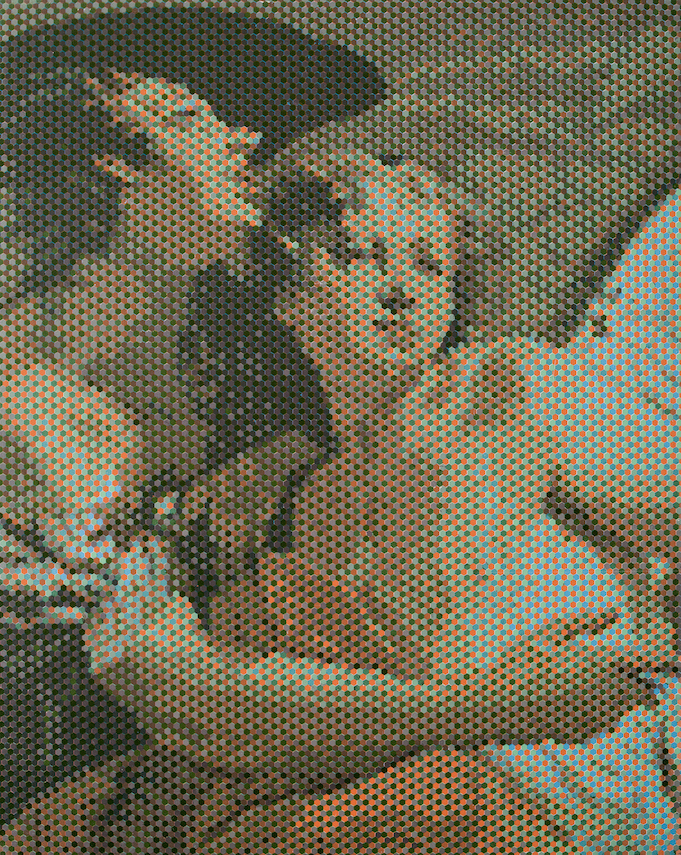El mite de Lucrècia contrafet: un text oblidat (1878)
DOI:
https://doi.org/10.7203/scripta.21.26842 Resum
Resum
Resum: La llarga peça literària en vers Llucrècia profanada, que l’autor valencià Ramon Lladró Mallí qualificà de «poema semi-sério, semi-còmic» i publicà en 1878, recrea literàriament un dels mites de la tradició clàssica que més impacte ha tingut en la civilització occidental: la violació de la patrícia Lucrècia. Amb tot, la circumstància que més singularitza aquesta obra és que la seua presentació pública estigué vinculada a la fundació de Lo Rat Penat, la societat cultural al voltant de la qual gravitaria la branca valenciana de la Renaixença. En el present article analitzem el simbolisme i significat que, des d’un primer moment, va adquirir el poema de Lladró. I aventurem els possibles motius pels quals, malgrat ser un títol repetidament evocat, caigué en l’oblit.
Paraules clau: Segle XIX, Renaixença, Lo Rat Penat, Ramon Lladró, mite de Lucrècia.
Abstract: The long poem entitled Llucrècia profanada, which the Valencian writer Ramon Lladró Mallí described as a «semi-serious, semi-comical poem» and published in 1878, recreates in literature one of the myths of the classical tradition that has had the greatest impact on western civilization: the rape of the Roman noblewoman Lucrecia. However, the circumstance that makes it more unique is that its public presentation was linked to the foundation of Lo Rat Penat, the cultural society around which the Valencian branch of the Catalan Renaissance would gravitate. In this article we analyze the symbolism and meaning that, from the first moment, the work of Lladró acquired. And we venture the possible reasons why, despite being a title repeatedly evoked, it fell into oblivion
Keywords: 19th century, Renaissance, Lo Rat Penat, Ramon Lladró, myth of Lucrecia.
 Descàrregues
Descàrregues
Descàrregues
Publicades
Com citar
-
Resum675
-
PDF396
Número
Secció
Llicència
![]()
Tots els treballs publicats en SCRIPTA. Revista de literatura i cultura medieval i moderna es troben sota una llicència Creative Commons del tipus Reconeixement - NoComercial - SenseObraDerivada 4.0.



